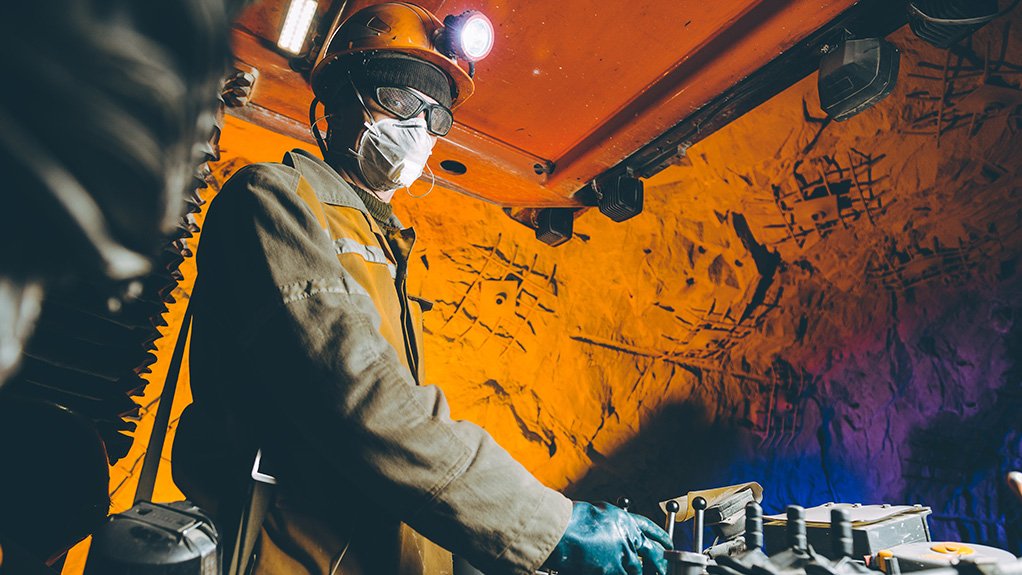In mining, the productive structure of the activities presupposes a continuous process with little flexibility for unscheduled stoppages, under penalty of degradation of equipment, physical facilities, high resumption costs, collapse of slopes, ceilings and walls of underground mines and risks of environmental damage.
Taking into account the structure of mining activity and the potential lack of fundamental inputs, both for the response to COVID-19 and for the recovery of the economy after the end of the pandemic, governments have recognized the essentiality of the activity.
In Brazil it is no different. Mining wasincluded as an essential activity, especially considering its fundamental role in the Brazilian response to the health emergency and for the supply of essential inputs for the reestablishment of industrial activities.
Despite being considered an essential service, the activity had to be readjusted in order to minimize the risks of contagion of COVID-19. Thus, companies in the sector have chosen to reduce their tasks to the essentials, reducing their teams in the production units and establishing safe practices for their employees.




Even in the absence of official safety plans and protocols established by the management bodies of mining activities in Brazil, the organization and exchange of experiences among the sector's actors is essential for the generation of efficient practices that ensure safety for workers and the community in general.
With this in mind, we have prepared content that brings together the various practices and protocols adopted by mining companies, aiming toshare positive actions that can help companies face the great difficulties observed in the current scenario.
Health and safety at work in the field:
The sector, which already operated with several safety and hygiene protocols, had to adopt stricter measures due to the pandemic, with significant changes in the routines of the production units:
- Reduction of staff, including administrative sectors, adopting the home office;
- Information and guidance on prevention and procedures;
- Distribution of prevention kits;
- Use of mask, keeping the change of it in periods of approximately 2 hours;
- Reorganization of cafeterias with distance of tables and chairs at safety distances;
- Increase in the supply of hand sanitizer at company facilities, including entrances, restaurants. Also increase in the number of soap dispensers for hand washing;
- More frequent cleaning in common areas, means of transport, among others;
- Limitation of the number of passengers in the internal commute between entry and effective workplace;
- Measurement of workers' body temperature within the facility;
- Rapid tests and medical follow-up;
- RT-PCR testing for professionals visiting the facilities and quarantine until the release of the test results;
- Release of people over 60 years of age and/or with a history of illness to work from home;
Home office and the role of leadership in the pandemic
Mining companies have already determined teleworking or home office for those who work in the administrative and operations support sectors. In this scenario, it is also important that managers adopt practices for monitoring and organizing work with employees:
- Adaptation to different forms of communication, through messaging apps, meetings and video calls;
- Creating channels for employees to voice their concerns and bring feedback;
- Maintain proximity to employees, valuing culture and well-being;
- Virtual check-ins and conversations encouraging collaboration;
- Order (drivers): establish priorities, plans and schedules.
Caring for people and communities
In addition to adapting production, it is important that companies adopt practices and commitments to the communities where they operate, assuming a relevant role in supporting the municipalities in which they are located.
It is necessary for organizations to seek, safely and through a broad prevention and health plan, to maintain activities, protecting employees, moving the economy and bringing support to communities through initiatives such as:
- Donations and creation of opportunities for income generation;
- Educational campaigns, financial and personnel support, personal protective equipment for health sector teams, respirators, COVID-19 testing kits, thermometers;
In the current scenario, there is no simplistic solution to the problems and impacts generated by COVID-19. In order for the mining sector to continue operating as an essential activity, it is necessary for companies to adopt strict health and safety protocols, following the best control practices for the protection of their employees and carrying out important support for communities in practice.
What safety measures and protocols have you adopted in your company during the pandemic? Share with us: contato@sagaconsultoria.com
